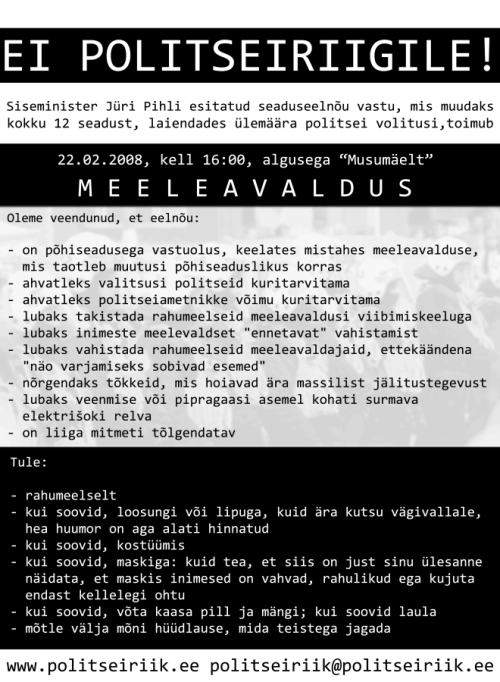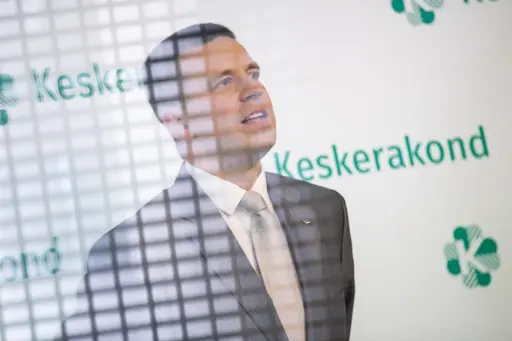

The ukrainian military also have checkpoints in the west border to make sure any male between 18 and 60 doesn’t leave the country so that they can be forced into war.
In the west, you should expect to find the border guard. They are capable of checking databases and patrolling in nature, but aren’t heavily armed. And tens of thousands of guys have taken leave on their own, despite anything the border guard can do. If one doesn’t like the draft, one hikes out via the Carpathian mountains.
As for the draft, yes, it’s a real thing. Of course it’s unjust, people should be able to live in peace - hence no agressor should invade any land. Having to take up weapons sucks. But when a war on this scale gets started, states will draft soldiers into their armies. Many will dodge it. Since hundreds of thousands of soldiers are needed, lots of mistakes will be made, and will be sorted out later (units don’t actually want soldiers who aren’t capable of fighting).
Ultimately, who was called up but absolutely doesn’t want to fight, must choose among these roles:
- emigree
- medical personnel
- defense industry
- logistics
- dodger
- jailed dodger
Obviously, everyone is not competent to become a medic. The remaining positions are attainable. So, in the end, it’s mostly people willing to fight at least somewhat, who end up fighting. Some of them get disillusioned and desert, however. That’s normal too, in a large war that lasts long. I don’t hold it against them.
I’m not from Ukraine, and not a military person, but I cooperate with military people, supplying drones and stuff that helps bring hostile drones down (profit is not involved). So inevitably I do know the approximate situation.
I’ve read some things by Malatesta before (not much from Goldman), so thanks for the reading tips. There is a nuance, though. Once some country has started a conquest attempt, any disarmament will only give them victory. Disarmament is only possible when it’s mutual, and then I fully support it. The article by Goldman that you suggested seems to originate from 1915, when World War I was being fought in Europe. I remind that World War I had no clear agressor, and indeed, anarchists of all countries tried to overthrow the ruling regimes (which were mostly undemocratic, frequently dictatorial and imperial).
The current situation somewhat differs. There is a clear agressor, which happens to be a dictatorship and an empire, supported by other dictatorships and a messed up theocracy. There happens to be a clearly defined victim of agression, which happens to be mostly democratic, supported by places that are reasonably democratic. I believe that if Malatesta lived today, I could convince him to start a charity that supplies Ukrainians. :)
I hope for revolutionary conditions to arise in Russia, but that will be a long wait. My comrades there tried and lost, they’ve mostly emigrated by now. Some are imprisoned, some still keep trying (I can’t estimate what the percentages are, people don’t talk openly of such things), but there are approximately 4 times as much cops per capita in Russia compared to a normal country, so their chances are miserable.























The clue here is that soldiers typically don’t have dogs - their job is not tracking anyone. The folks you see are probably border guards. (Another clue is that soldiers would be expected to carry at least one proper machine gun per squad, items like grenades and grenade launchers, etc.)